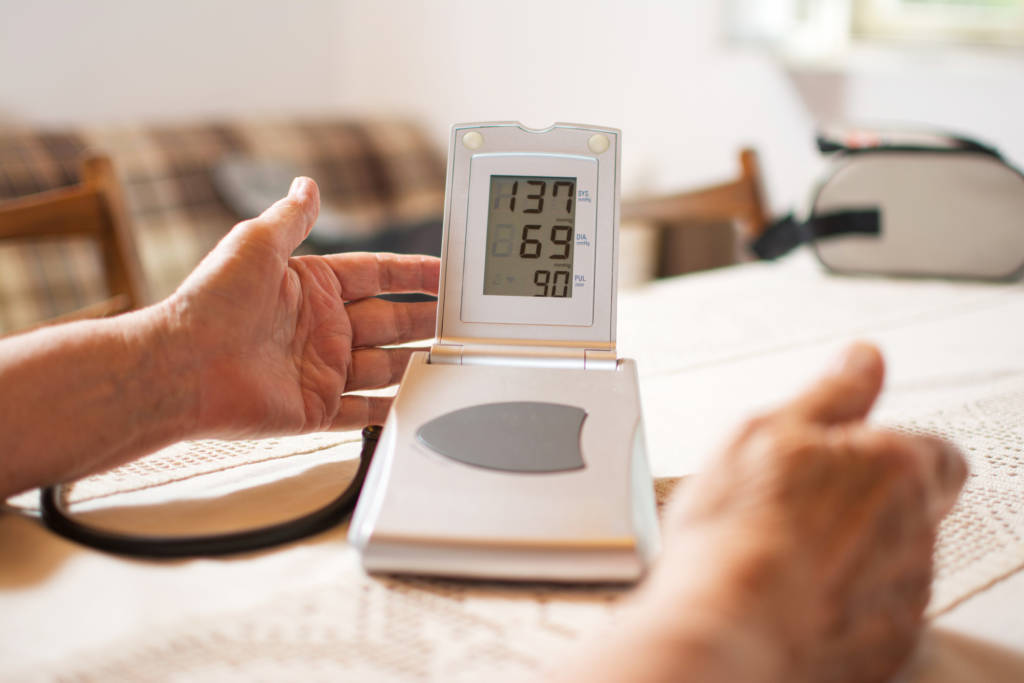Parents can take steps to help during this difficult time. A formal plan that schools develop to help support kids with medical needs, called a 504 plan, can allow students to delay or stop a test if their blood sugar is too high or too low.
Teens should check blood sugar before any test. But the last thing they want to do is feel different from everyone else or draw attention to their disease. So, it’s important to have the 504 conversations at the start of the year.
For those with type 1 diabetes who play sports, that means trying to stay on top of their disease so they can focus on the game.
It helps to have a checklist:
- Be sure you have the supplies and glucose you need, a meter and insulin at any event. Ask the school athletic trainer who can administer glucagon.
- Have the sports gear you need. Be reasonable about the rules and expectations, but treating students with diabetes differently from other players won’t help in the long run.
- Control your blood sugar. On a stage or a sports field, in a pool or on a track, people with type 1 diabetes do better if blood-sugar levels are within target ranges.
- Speak up when you need to take care of yourself. Find patterns that will be a good starting point for each practice and/or game.
Parents must help children learn to manage their diabetes on their own, the JDRF added. Don’t hover. Take small steps to let teens handle activities independently.
More information
For more on type 1 diabetes, head to the American Academy of Pediatrics.






